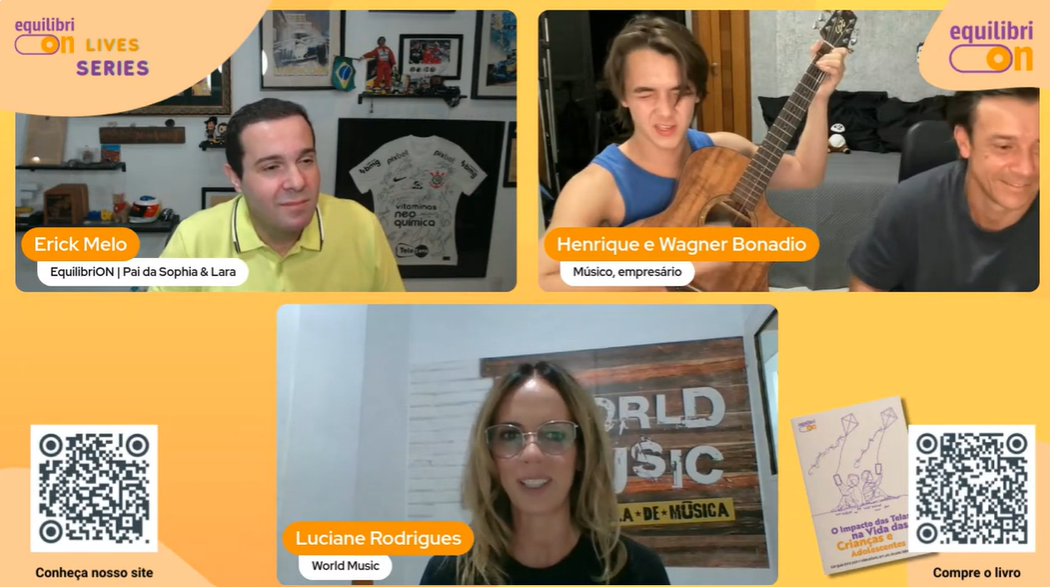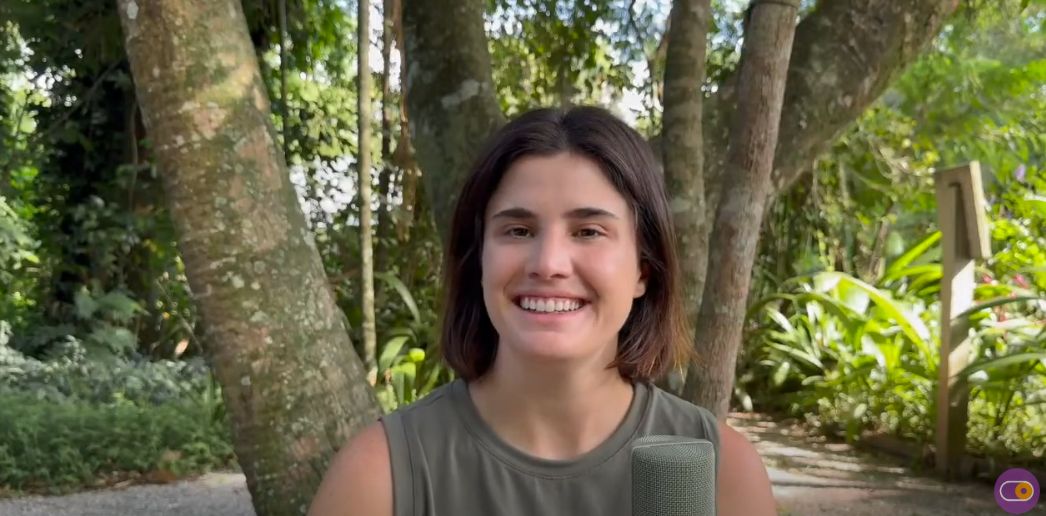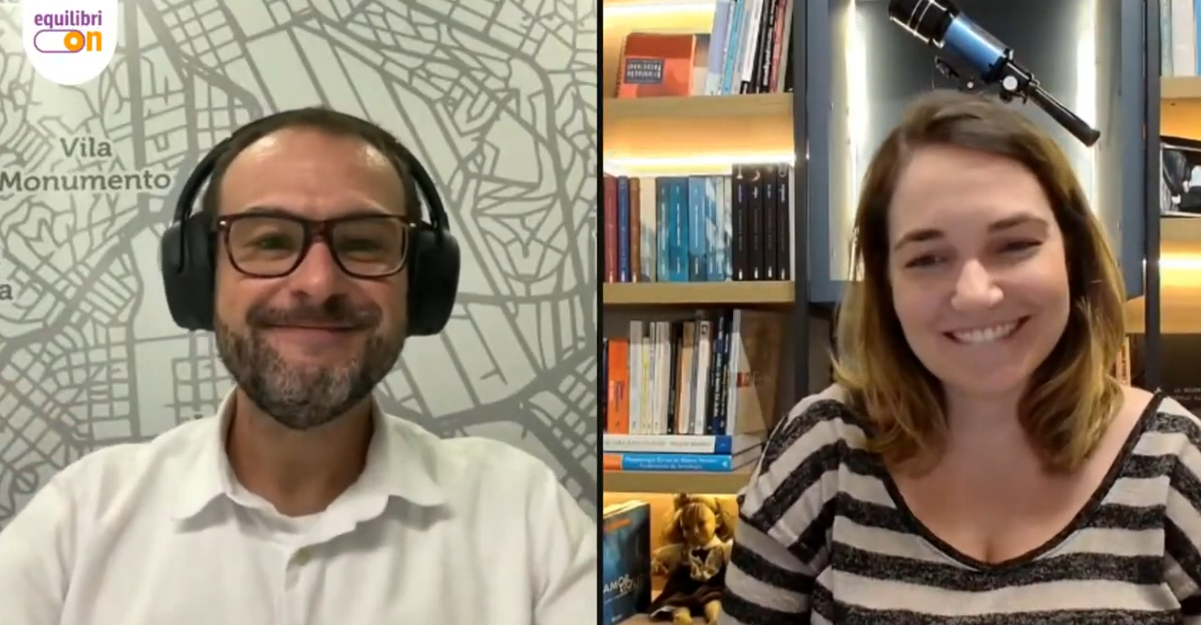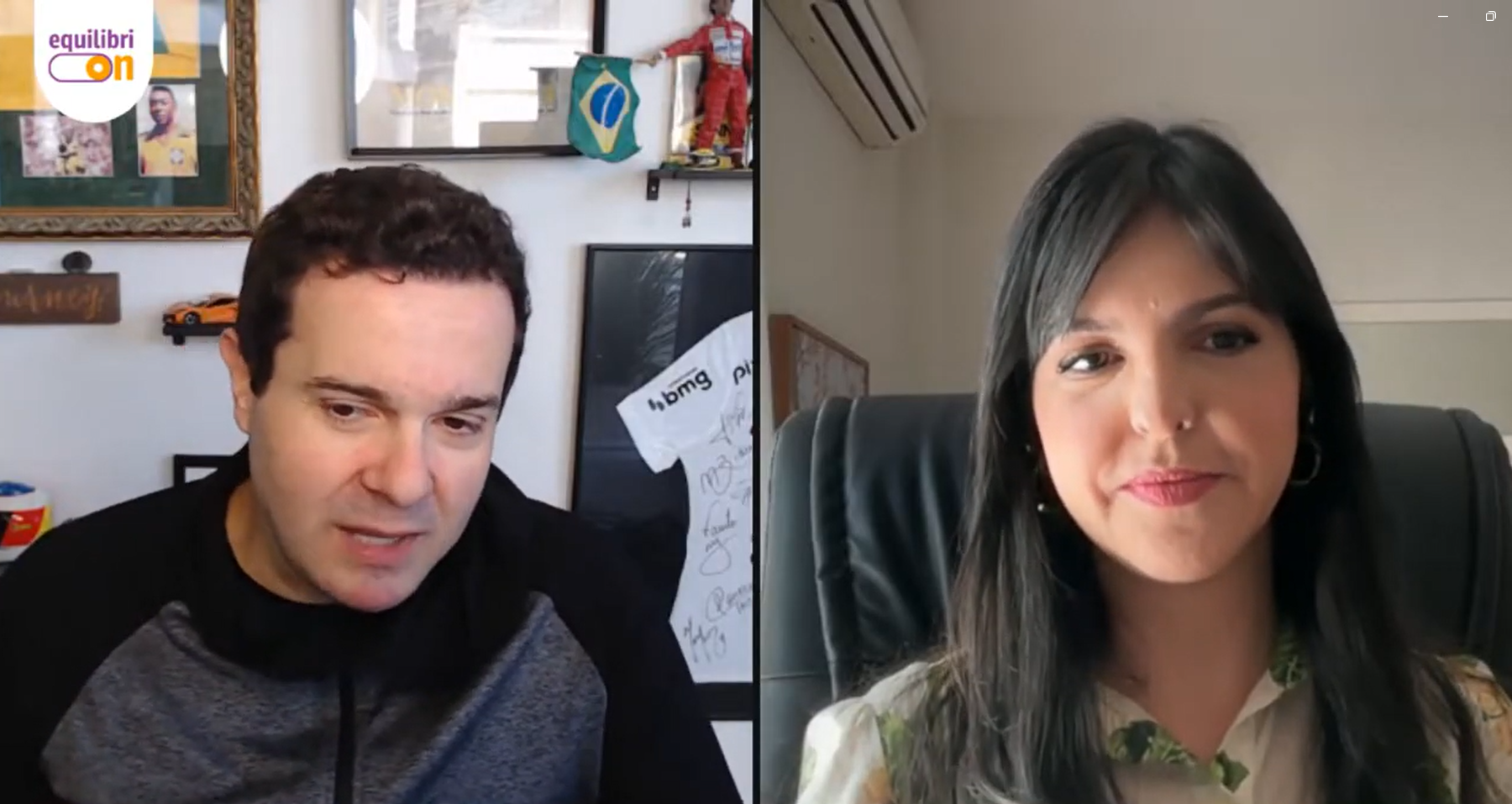In the era of Instagram stories, real-time tweets, and constant Facebook updates, we are constantly presented with glimpses into the lives of others. Whether it’s an exotic trip, a lively party, or even a simple gathering of friends, social media has given us a constant window into the experiences of others. And while this can connect and inspire us in many ways, it has also given rise to a modern phenomenon known as FOMO, or “Fear of Missing Out” – the fear of missing out on something.
FOMO can be described as a form of social anxiety, a concern that others are having rewarding experiences from which you are absent. And in a world where these experiences are constantly broadcast and shared, this feeling can be amplified.
Let’s look at the implications of this phenomenon
The Constant Search for More
FOMO can lead us to an insatiable need to be constantly connected, checking our devices to ensure we are not missing any event or update.
Decreased Personal Satisfaction
By constantly comparing our lives with those of others, we may begin to underestimate and devalue our own experiences.
Impulsive Decision Making
Motivated by the fear of missing out, we may make choices without fully considering our own needs and desires.
So, how can we combat FOMO and live more authentically and satisfyingly?
Practice Mindfulness
Being present and engaged in the current moment can help combat feelings of FOMO. Instead of worrying about what you might be missing, focus on what you are experiencing here and now.
Disconnect Regularly
Dedicate some time each day, or even an entire day each week, to disconnect from social media. This “digital detox” can help reset your priorities and reduce FOMO.
Redefine Success and Satisfaction
Instead of defining success or satisfaction based on what you see on social media, define them based on your own values, goals, and experiences.
In summary, while FOMO is an understandable byproduct of our hyperconnected digital age, it does not have to define our experience. By recognizing its presence and adopting mindful practices, we can find satisfaction and contentment in our own lives without the constant worry about what we might be missing.
Designed by humans, co-created by AI.











